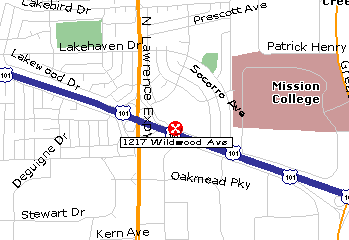|
|
|
 | ||
|
| ||
 Thursday, April 24, 2008
Thursday, April 24, 2008
|
|
Register & Prepay for lunch ($15) in one step from your PayPal account or Credit Card! |
PLEASE RESERVE IN ADVANCE --
We present a framework for dynamic need-based provisioning of resources using pervasive sensing and control to minimize consumption of available energy. The thermal challenges arising from high power density microprocessors and servers in data centers are examined and a “smart” data center is motivated based on total cost of ownership and sustainability. The work required in the information technology (IT) stack – chip, system and data center – is examined, and a framework to enable “right” provisioning of available energy is proposed. To address the multi-scale problem (microns to meters) and sustainability, a metric based on the 2nd law of thermodynamics that quantifies performance based on available energy (exergy) is proposed. The need for multi-disciplinary collaboration between computer science, mechanical engineering and electrical engineering emerges as the salient message of the talk.

|
SCV Chapter
Home Page |
How to Join IEEE |
Contact our Chapter Chair |
| CPMT Society
Home Page |
IEEE Home Page |
Email
to Webmaster |
Last updated on